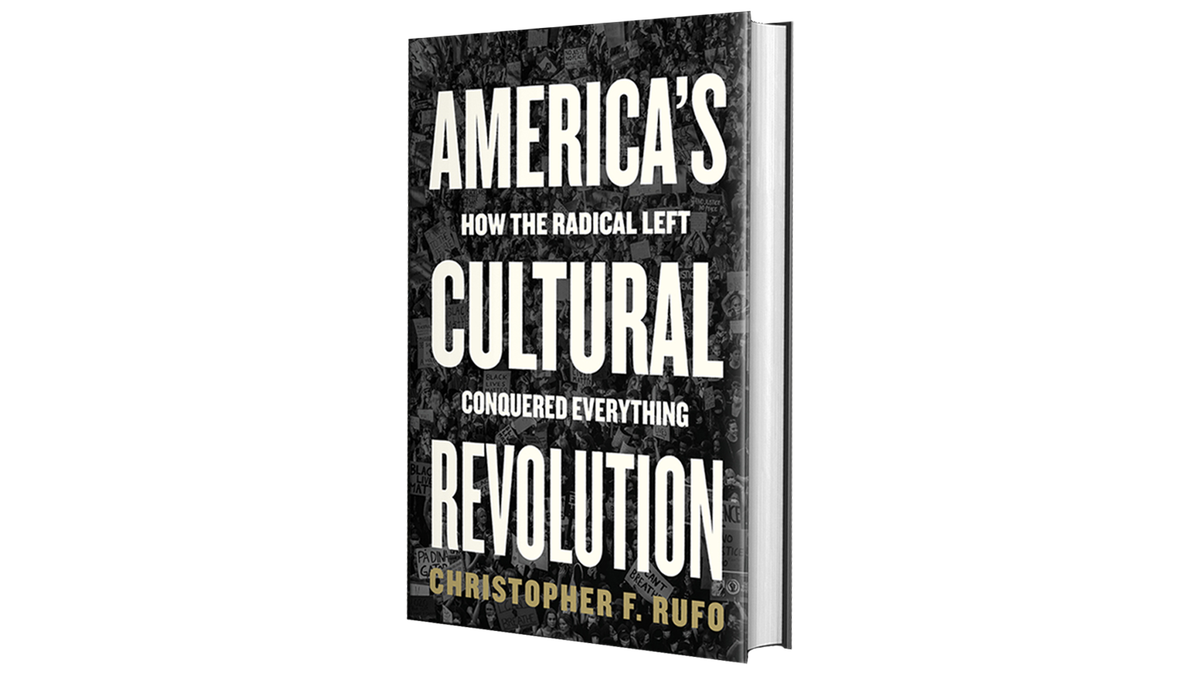Rufo Responds
Extra answers from the author
In the comments, Rufo responded yesterday to the questions I didn’t get to ask during our interview. I repost them here in full, with reformatting for clarity. I’m in bold, he’s not.
The obvious question for Angela Davis and Derrick Bell: If you could succeed in racist America, why can’t everyone? What would they say? What’s the truth?
I address this in the chapter on Bell, showing that his own parents modeled the behavior and values that allowed for his success, which he then foolishly denounced in favor of a cynical ideology.
I say that “systemic” is the word that makes “racism” a tautological accusation. A normal racist story about high black incarceration rates, for example, is that blacks get punished more for the same crime. “Systemic racism” is what you say when faced with ironclad evidence that higher black crime rates fully account for higher black incarceration rates. Am I being fair?
The phrase "systemic racism" is a mirage—it's unfalsifiable and unmeasurable. It's a persuasive rhetorical device that, at heart, seeks to explain group disparities in outcomes, many of which are caused by group disparities in behavior, as evidence of racism.
Who’s the Marcuse of feminism? Of gender ideology?
Foucault. All of gender theory and queer theory finds its foundation in Foucault, who turned Nietzsche into a tool for the Left on sexuality.
What was worse in practice: McCarthyism or DEI?
DEI, by far. McCarthyism was mild and benign by comparison.
You’ve made a lot of right-wing enemies. Probably the most common accusation is that you want to use government to replace our left-wing monoculture with a right-wing monoculture. Is there any truth to this?
There is not. My goal is to have public institutions that reflect the values of the public. In blue states, this will be oriented to the Left. In red states, this will be oriented to the Right. I want to see more balance, which will require some political intervention. A healthy republic will have a variety of views competing in the public debate. We don't have that now. That's why I'm working to change it.
Quick follow-ups from me.
If asked, “If you could succeed in racist America, why can’t everyone?” Bell presumably wouldn’t say that he owes it all to good parenting. That would swiftly lead him to blame lower black achievement on bad parenting rather than racism. I suppose he could insist that bad parenting in turn reflects “systemic racism” but that’s a stretch even for him. Given his anger against Harvard, I suspect that he’d rather credit his success to tokenism and luck, which allows him explain his personal good fortune while retaining racism as the primary cause of lower overall black performance.
Glad to hear Chris’ answers on “systemic racism” and McCarthyism. I agree on both counts.
“My goal is to have public institutions that reflect the values of the public.” Really? What if the values of the public are terrible? If the public wants to teach dogma as fact, does Chris really support that? I doubt it. I’d say the more Rufo slogan is “My goal is to have public institutions reflect the true, the good, and the beautiful,” even though critics could readily declare, “Right, those are codewords for a right-wing monoculture.”
My view: As a practical matter, educators, artists, and journalists are so woke that worrying about a right-wing monoculture in any U.S. state is just paranoid. Montana could have a rigid rule of “Non-left sociologists always get hired first” and its sociology departments would still end up heavily left. So while its reasonable to wonder if Chris would like a mirror-image monoculture, it’s not reasonable to wonder if he’ll get it.



To both Rufo & You:
I was pleasantly surprised when I read Foucault. He is certainly not a friend of the state & statism. There is even a strain of explicit neoliberalism in him.
Check out this hilarious interview where Leftists complain about his endorsement of Becker, Hayek & Friedman:
"I would say, more than “complementing” Hayek and Friedman, the problem with Foucault is that he implicitly embraced their representation of the market: that of a less normative, less coercive, and more tolerant space for minoritarian experiments than the welfare state, subject as it is to majority rule."
https://jacobin.com/2019/09/michel-foucault-neoliberalism-friedrich-hayek-milton-friedman-gary-becker-minoritarian-governments
When I read a lot of Marx & Frankfurt School, and some Foucault (most other postmodernists are indeed awful), it was puzzling to me how so much at odds it was with Leftist dogma and how little they even read or knew these texts.
“the true, the good, and the beautiful,”
This is what we seek, but not what we can impose on others.
Does liberty consist of living in a society with the “correct” norms and institutions, or rather a society with norms and institutions that reflect persons' choices, even if those are in some sense mistaken, and that could change when people learn they've made a mistake?